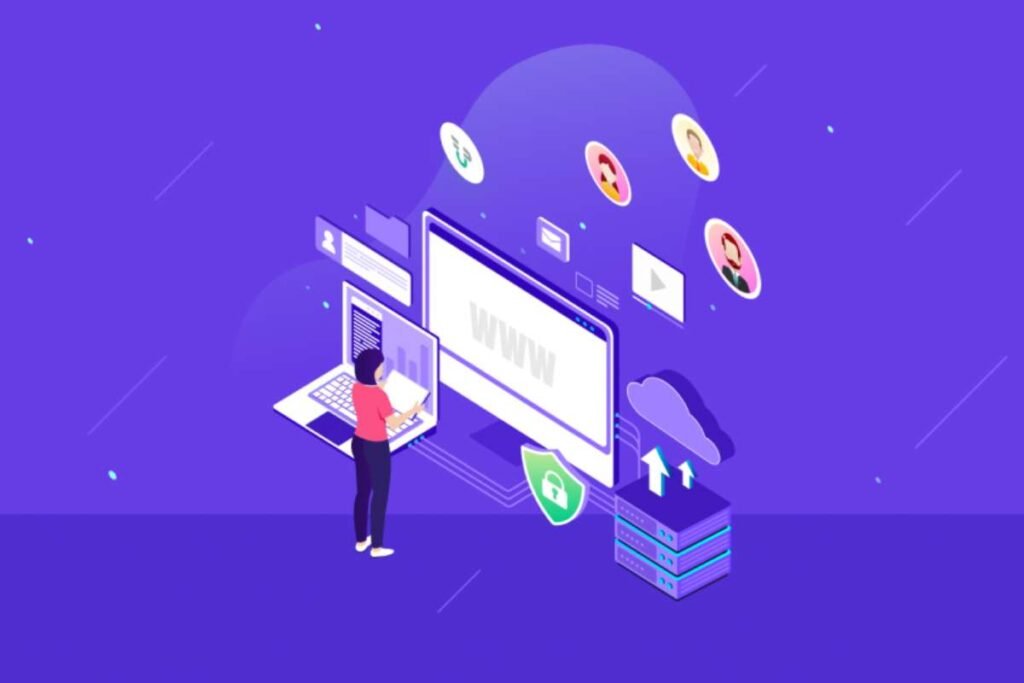Teacher professional development is an essential aspect of the education system aimed at improving the skills, knowledge, and effectiveness of educators. Continuous learning and development enable teachers to stay updated with the latest educational trends, methodologies, and technologies, ultimately leading to improved student outcomes. This article explores the importance of teacher professional development, various methods and strategies, and the benefits it brings to the education community.
Importance of Teacher Professional Development
1. Enhancing Teaching Skills
Professional development helps teachers refine their instructional strategies, classroom management techniques, and content knowledge, enabling them to deliver more effective lessons.
2. Staying Current with Educational Trends
Education is a dynamic field with constantly evolving best practices, technologies, and research findings. Professional development ensures that teachers stay informed and can incorporate new ideas into their teaching.
3. Improving Student Outcomes
Well-trained teachers are better equipped to meet diverse student needs, leading to higher student engagement, achievement, and overall success.
4. Promoting Lifelong Learning
By engaging in continuous professional development, teachers model the value of lifelong learning for their students, fostering a culture of curiosity and growth.
5. Building Professional Networks
Professional development opportunities often bring together educators from various backgrounds, facilitating the exchange of ideas and the creation of supportive professional networks.
Methods and Strategies for Professional Development

1. Workshops and Seminars
- Description: Short-term, intensive training sessions focused on specific topics or skills.
- Benefits: Provide hands-on experience and practical knowledge that can be immediately applied in the classroom.
- Example: A workshop on integrating technology in the classroom, teaching strategies for diverse learners, or new assessment techniques.
2. Online Courses and Webinars
- Description: Flexible, self-paced learning opportunities available through online platforms.
- Benefits: Allow teachers to learn at their own pace and access a wide range of topics from anywhere.
- Example: An online course on differentiated instruction, a webinar on the latest educational research, or virtual professional learning communities (PLCs).
3. Professional Learning Communities (PLCs)
- Description: Groups of educators who meet regularly to share expertise, discuss challenges, and collaborate on improving teaching practices.
- Benefits: Foster a sense of community and ongoing support among educators.
- Example: A PLC focused on enhancing literacy instruction or a group of teachers collaborating on project-based learning strategies.
4. Peer Observation and Coaching
- Description: Teachers observe each other’s classes and provide constructive feedback to improve instructional practices.
- Benefits: Offer personalized, practical insights and foster a culture of collaboration and mutual support.
- Example: A peer coaching program where experienced teachers mentor new educators, or a system of reciprocal classroom observations.
5. Conferences and Educational Summits
- Description: Large gatherings of educators to explore new ideas, attend workshops, and network with peers.
- Benefits: Exposure to a wide range of perspectives, cutting-edge research, and innovative teaching practices.
- Example: An annual education technology conference, a summit on inclusive education, or a subject-specific teachers’ association meeting.
6. Action Research
- Description: Teachers conduct research in their own classrooms to investigate the effectiveness of specific strategies or interventions.
- Benefits: Promote reflective practice and evidence-based decision-making.
- Example: A teacher researching the impact of collaborative learning on student engagement or the effectiveness of a new reading program.
Benefits of Teacher Professional Development

1. Improved Teaching Effectiveness
Teachers gain new strategies and techniques that enhance their ability to deliver high-quality instruction.
2. Enhanced Student Learning
Professional development equips teachers with the tools to better support student learning, leading to improved academic outcomes.
3. Increased Teacher Satisfaction and Retention
Ongoing professional growth opportunities contribute to higher job satisfaction and reduce teacher burnout, leading to improved teacher retention rates.
4. Adaptation to Technological Advancements
Professional development helps teachers integrate new technologies into their teaching, making learning more engaging and relevant for students.
5. Promotion of Reflective Practice
Engaging in professional development encourages teachers to reflect on their practices, identify areas for improvement, and make informed changes.
6. Fostering a Collaborative Culture
Professional development initiatives often involve collaboration, fostering a culture of teamwork and shared goals within the school community.
Challenges in Implementing Effective Professional Development
1. Time Constraints
Teachers often have limited time for professional development due to their busy schedules and workload.
2. Resource Limitations
Schools may face budget constraints that limit access to high-quality professional development opportunities.
3. Varied Needs and Interests
Teachers have diverse professional development needs, making it challenging to provide relevant and meaningful opportunities for all.
4. Sustaining Engagement
Maintaining teacher engagement and motivation for ongoing professional development can be challenging, especially if the training is not immediately applicable.
Strategies for Overcoming Challenges

1. Incorporate Professional Development into School Schedules
Allocate dedicated time for professional development within the school schedule, such as early release days or built-in planning periods.
2. Leverage Technology
Utilize online platforms and virtual resources to provide flexible, cost-effective professional development opportunities.
3. Differentiate Professional Development
Offer a variety of professional development options to meet the diverse needs and interests of teachers.
4. Provide Incentives and Recognition
Recognize and reward teachers for their commitment to professional development, such as through certifications, career advancement opportunities, or stipends.
5. Foster a Culture of Continuous Improvement
Encourage a school-wide commitment to continuous improvement by promoting the value of professional development and creating a supportive environment for learning.
Conclusion
Teacher professional development is a critical component of a thriving education system, enabling educators to enhance their skills, stay current with educational trends, and improve student outcomes. By implementing a variety of professional development methods and addressing potential challenges, schools can create a culture of continuous improvement that benefits both teachers and students. Investing in professional development not only enhances teaching effectiveness but also promotes lifelong learning and fosters a collaborative, innovative educational environment.










